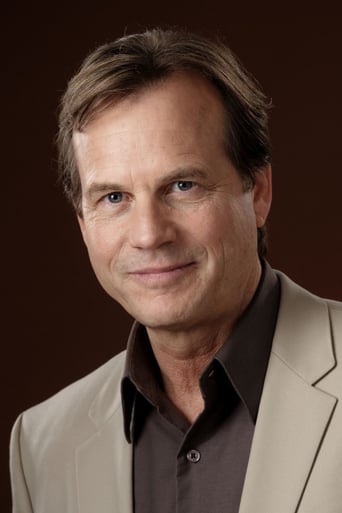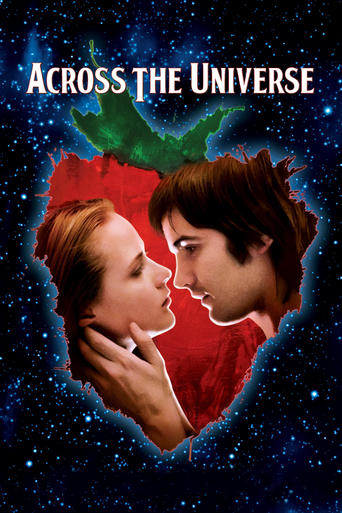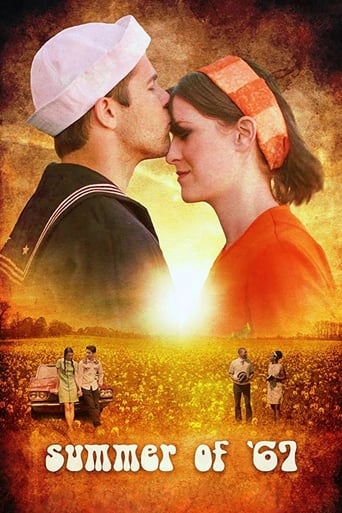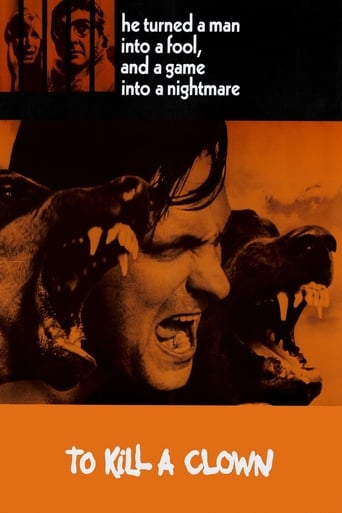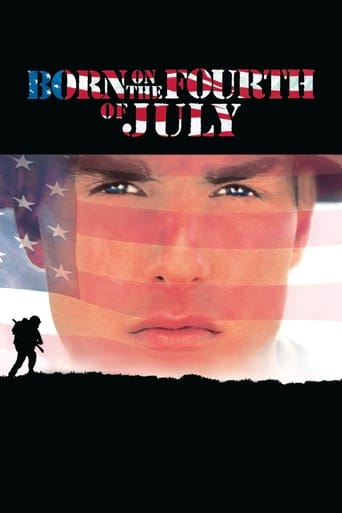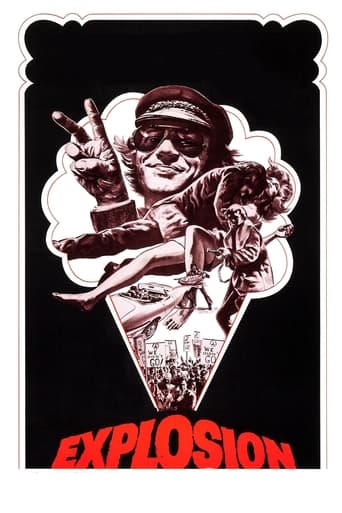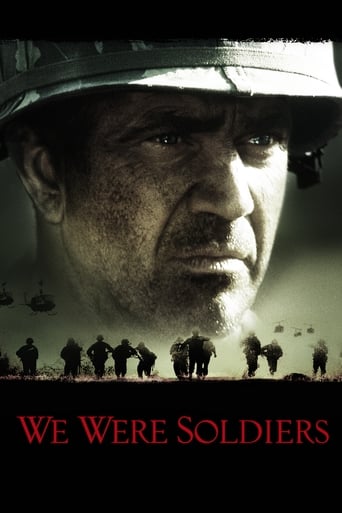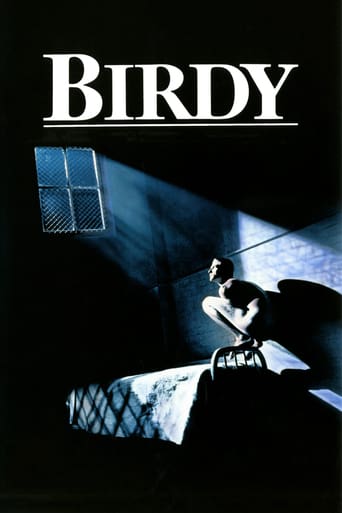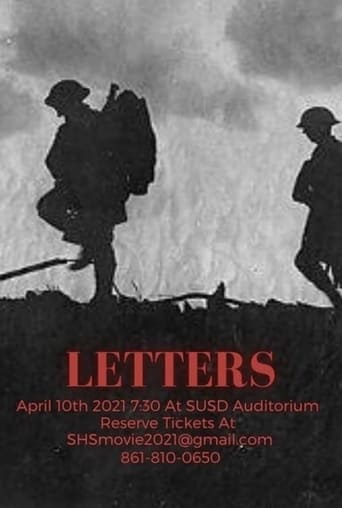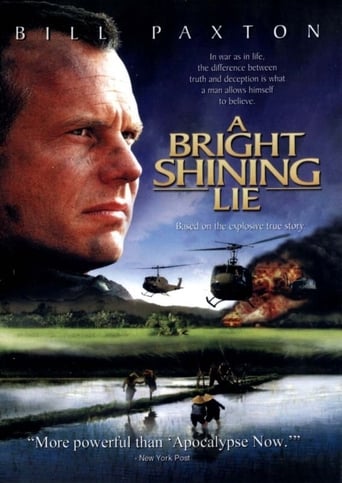
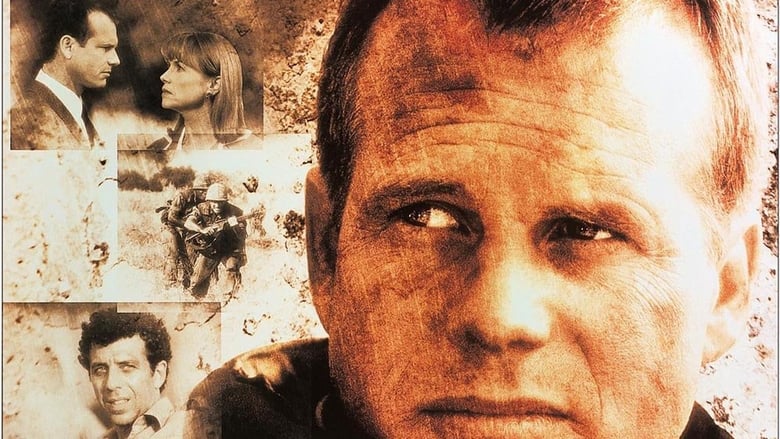
A Bright Shining Lie (1998)
Something in his past keeps career Army man John Paul Vann from advancing past colonel. He views being sent to Vietnam as part of the US military advisory force a stepping stone to promotion. However, he disagrees vocally (and on the record) with the way the war is being run and is forced to leave the military. Returning to Vietnam as a civilian working with the Army, he comes to despise some South Vietnamese officers while he takes charge of some of the U.S. forces and continues his liaisons with Vietnamese women.
Watch Trailer
Cast


Similar titles
Reviews
Don't listen to the negative reviews
This is one of the best movies I’ve seen in a very long time. You have to go and see this on the big screen.
Let me be very fair here, this is not the best movie in my opinion. But, this movie is fun, it has purpose and is very enjoyable to watch.
The film never slows down or bores, plunging from one harrowing sequence to the next.
Who benefits from attempts to tarnish the US Military, Political leaders, American allies and America's need to BE involved in keeping the world safe from those who would destroy us. Could it be the idiot journalists that were there, who benefited, even though they never left the "parties" of Saigon except to visit secure areas? Journalist that provided the stories that the "media" wanted. Could it be the media that benefited, and if so, what was their motive? Could it be the same motive they have today which is to destroy the image of this country all over the world. Could it be the ringleaders of the Peace movements who were nothing more doped up morons who spent much of their time seducing underage girls, getting high and raving regarding things they knew nothing about. Could it be the educational "communities' which have long been a hot bed of radicals (read that those with communists leanings? There are a lot of foreign "professors" who have been planted in American universities, as well as American born morons, who constantly "preach" against America, against God, against family values, patriotism and all the things that made America what was once upon a time. All the above and all anti-American, anti-military, anti-freedom morons, benefit greatly from their attempts to destroy a country that allows EVEN the, most simple minded, inexperienced and do nothing scum of the earth to express the most uninformed opinions.I enjoyed the movie, because it had just enough fact to show that there was a war going on. However the Bright Shining Lie is the one told by the one who wrote the book, the ones who made the movie and those who seem so eager to make John Paul Vann look like a slime ball by presenting unproven and unwarranted "episodes" of his sexual activities and presenting him as an arrogant asshole. However if one were to check those who attended his funeral, among them were some of the war's most outspoken critics and they must have thought that John Paul Vann deserved a little respect. All things considered the movie is one continuous lie, tied together with disguised bits and pieces of factual information and combat footage. The simple minded will watch it, believe it and think that's the way it was. That's a shame!!
Neil Sheehan's masterpiece tells the Vietnam War story through a single biography. John Paul Vann was an American who overcame a humble background & made a distinctive, heroic career as a soldier, adding a beautiful wife & 3 kids along the way. Preparing for promotion to high rank, he went to Vietnam in the early 1960s as an adviser, one of the select few to take the fight against Communism right into combat. But Vann was also a man with deep personal issues: haunting, shaming memories of childhood poverty, a weak father & a libertine mother, leading perhaps to his own aggressive infidelities including one with an underaged girl that nearly led to court-martial. And his "fight" in Vietnam was merely a series of bureaucratic exercises in which the Americans were bogged down by South Vietnamese intrigues, both unwilling & unable to do what was necessary to defeat the Communists. Terry George explores this theme with the steady pace, methodical yet engrossing, that was later such a triumph in the remarkably similar "Hotel Rwanda." Paxton has his work cut out as the very complicated Vann, a dedicated soldier who is not only everything an Army officer should be, but also a true warrior whose devotion to victory trumps his loyalty to the establishment & thus even his own career. Yet Sheehan's Vann has a shocking capacity for self-harm, hating the ignominious background that was not his fault, indulging himself in sexual adventures that wounded his family & threatened his career as readily as he embarked on reckless combat missions. It's all Paxton's show & he takes us on a fascinating odyssey of an officer whose slow realization that the Army would rather lose the war by the book than win it by tossing away the book (it's not whether you win or lose, but how you play the game?) causes him to leave the Army but, after a short, sad foray into business, return to Vietnam as a civilian administrator who steadily accumulates unique, vast military authority. Paxton's Vann wants to understand Vietnam's people & culture--but only enough to help him in his war effort--leading him to turn his back on his tormented family & take a Vietnamese wife (Wu). But for Vann, everything in his life is devoted to victory, a personal goal, an intense obsession, that he will achieve whether America or Vietnam like it or not. Paxton is suitably restrained, uttering no war cries like Stallone or Norris, making no personal journey of self-awareness or redemption as in "Apocalypse Now" or "Uncommon Valor." The professionalism of the art of war is his mantra, the belief that the everlasting principles of the true warrior will realize the high ideals of democracy & capitalism over the despair of communism. George doesn't give Paxton the opportunity to go too deeply into Vann's personal life (the book WAS very long, after all), so Vann comes across as a complex but not quite complete antihero. The other actors are there to help paint the Vann picture rather than those of their own characters. Madigan is very fine as Vann's loyal wife driven to despair as much by Vann's obsession with the abstract concept of victory as his gross infidelities. The superb Kurtwood Smith gives the best film portrayal of Westmoreland ever on screen--decisive, firm, unapproachable, unhearing--though he has only minutes to do it. Kay Tong Lim is as restrained as Paxton in depicting the clever Colonel Cao, Vann's ARVN partner & as self-serving as Vann is idealistic, who goes from being Vann's great hope to his frustration to his nemesis. The action scenes are low-budget & unremarkable, but audiences were long ago falsely conditioned to view Vietnam as a series of either personal or spectacular cowboy-vs-Indian fights. Vann's presentations for Pentagon & White House big-shots, in which he dramatically holds up handfuls of rice to underscore the importance of winning over Vietnam's farmers, are far more poignant. If the Vann of Sheehan, George & Paxton has a valediction, it's that the war was lost in Washington, not in the field--a view that's hardly original but is still very hard to wrap one's mind around. Many viewers will find "A Bright, Shining Lie" quite unsatisfying entertainment, but that's the problem with dramatizing nonfiction, the risk of presenting a story that's trying to teach. But, if it tries to teach, it doesn't try to preach, and at least the sun doesn't set in the East.
A tour of duty film in Vietnam featuring a morally ambiguous soldier, who echos the moral ambiguity of the decision makers of the war itself. Bill Paxton is John Paul Vann, a U.S. military adviser, who is manipulated out of his commission, only to beg to come back to the war in any capacity that they'll have him in. Once back, his military strategy changes from looking at the big picture to fighting and winning at every turn possible. Supposedly he turned strongly anti-war, but we don't really see that in this movie. The movie, produced by HBO, does a good job of following one man's odyssey, but even the catalyst for the change seems ambiguous. Does he change because of the rotten politics surrounding the war? Or does he return because of being personally compelled to be involved in battle in whatever capacity? Rarely does a Vietnam film give such an honest depiction of the local people that are most affected by the war games that politicians play. It's hard to sympathize with Paxton because of his moral shortcomings and bizarre decision to return to Vietnam after being decommissioned. The film seems to paint him as a hero, but it's hard to see it as portrayed. I imagine that some liberty was taken with the facts for dramatic purposes. The acting is OK, but no one really stands out, including Paxton. The best scenes show the dead and dying villagers that Paxton helped earlier. Oddly enough, the film is surprisingly emotionally distant, considering the subject matter. Overall, an entertaining film concerning one's destiny in life, how we are hemmed in by hierarchies in daily life, how we are affected by those experiences, and the role they play in other decisions we make. **1/2 of 4 stars.
This movie recounts the life and times of John Paul Vann, one of the movers and shakers of the US's non-military programs in the then South Vietnam. Although made in 1998, the movie has a very early to mid-1980s feel to it where production values are concerned and seems to be ignorant of and learned nothing from any movies and series made on the subject since (Tour Of Duty, Off Limits, 48 Charlie Mopic, even Hamburger Hill). The only really good effect was the artillery explosions when Vann apparently called in artillery on his own bunker.A much more interesting and exciting movie could have been made of another book on the non-purely military aspect of the Vietnam conflict (which was essentially economic and political in nature and solution) is Orrin DeForest's "Slow Burn", a book about the much neglected area of military and political intelligence. It has intrigue, suspense, intelligence, (real) romance and comradery that in this movie is only touched on.Anyway, because this movie is based on a book, it has a rather shallow feeling, because again (as usual) the director tries to put in too much, and doesn't connect the material and scenes in a way that is anything other than chronological. He should have picked the ones that could have blended together into a more interesting story.


